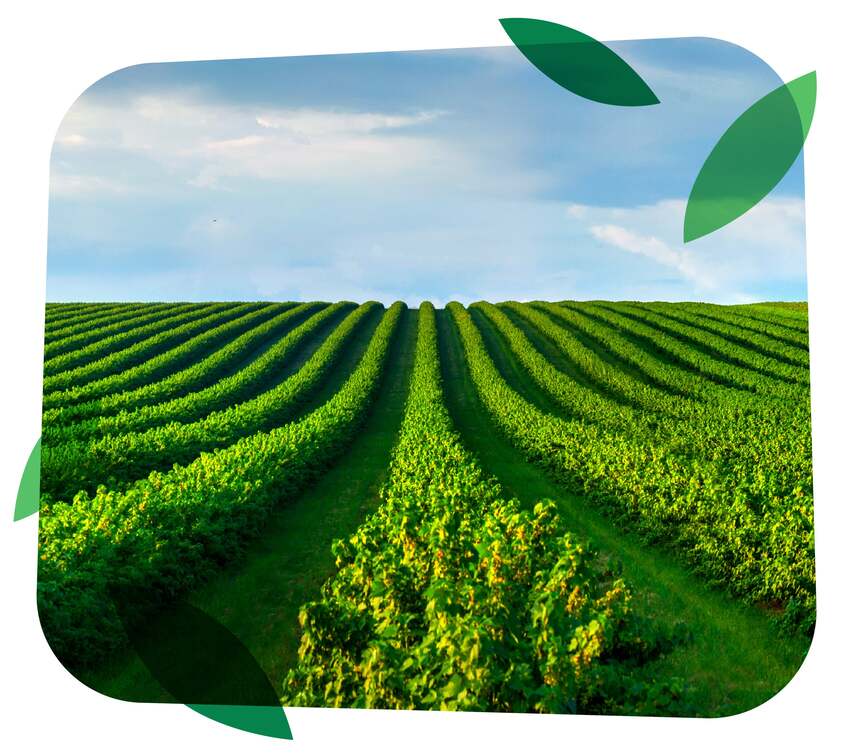Citrus crop guide – the best way to use your citrus fertilizer
Here is a small sample of some of the useful information contained in the guide:
-
Intensive citrus cultivation requires the use of fertilizers, close monitoring and control of pests, diseases and weeds, effective irrigation and control of tree size.
-
Citrus can be grown on a wide variety of soils, from sand to loam and clay. Both acidic and alkaline soils are acceptable.
-
Nitrogen is one of the primary nutrients absorbed by citrus roots, preferably in form of nitrate (NO3-) anion. This nutrient is equally essential for good cell division, growth and respiration.
-
Multi-K™ potassium nitrate fertilizer in prilled form can be applied manually or by fertilizer spreader, a source of nitrogen in nitrate (NO3-) form and chlorine free potassium. Prevents salinity injuries and is quickly up-taken by tree roots.
-
Haifa Bonus™ foliar fertilizer affects the external and internal fruit quality: increases size and weight, prevents creasing and splitting, improves soluble solids and vitamin C content. In addition, this fertilizer corrects plant nutrient deficiencies quickly and effectively.




